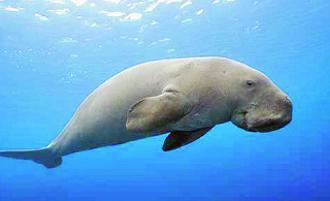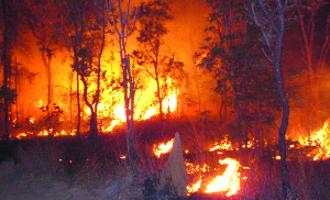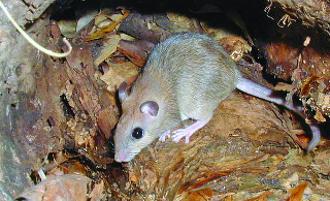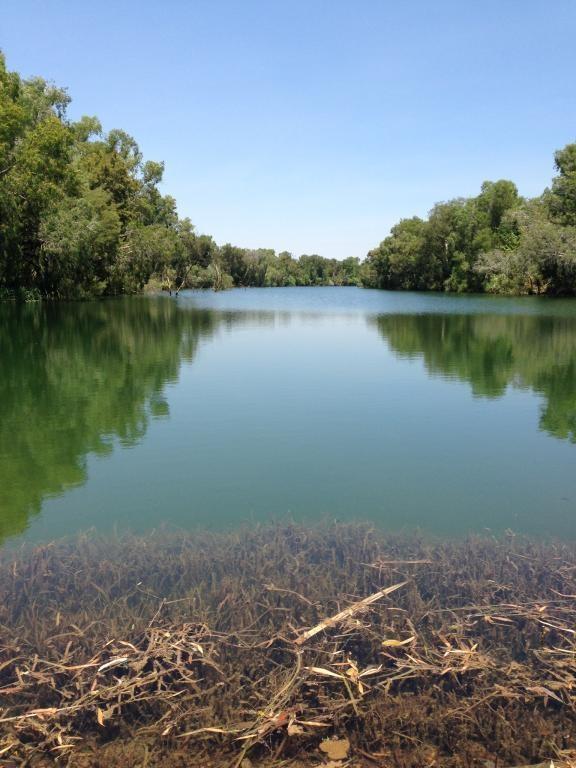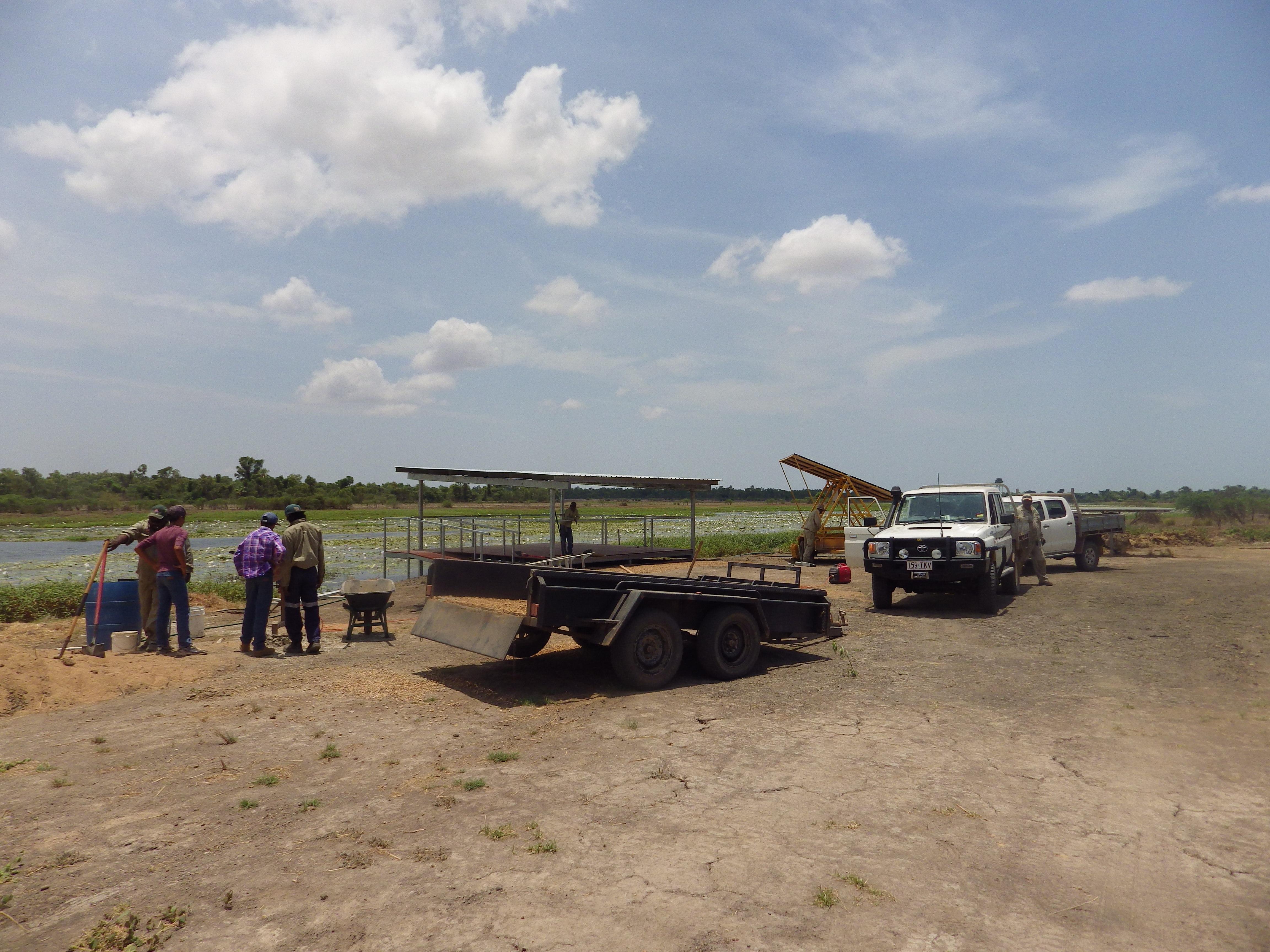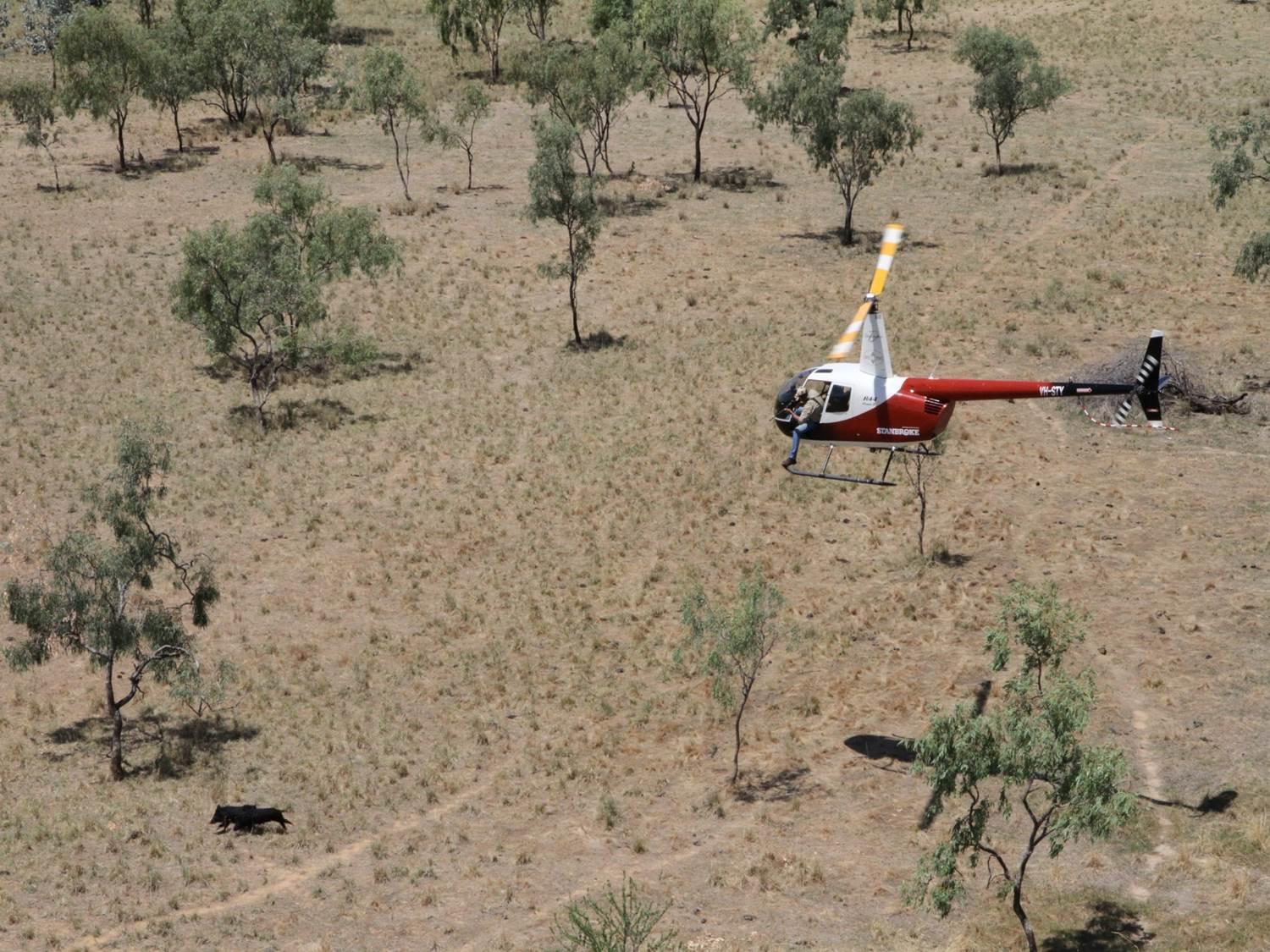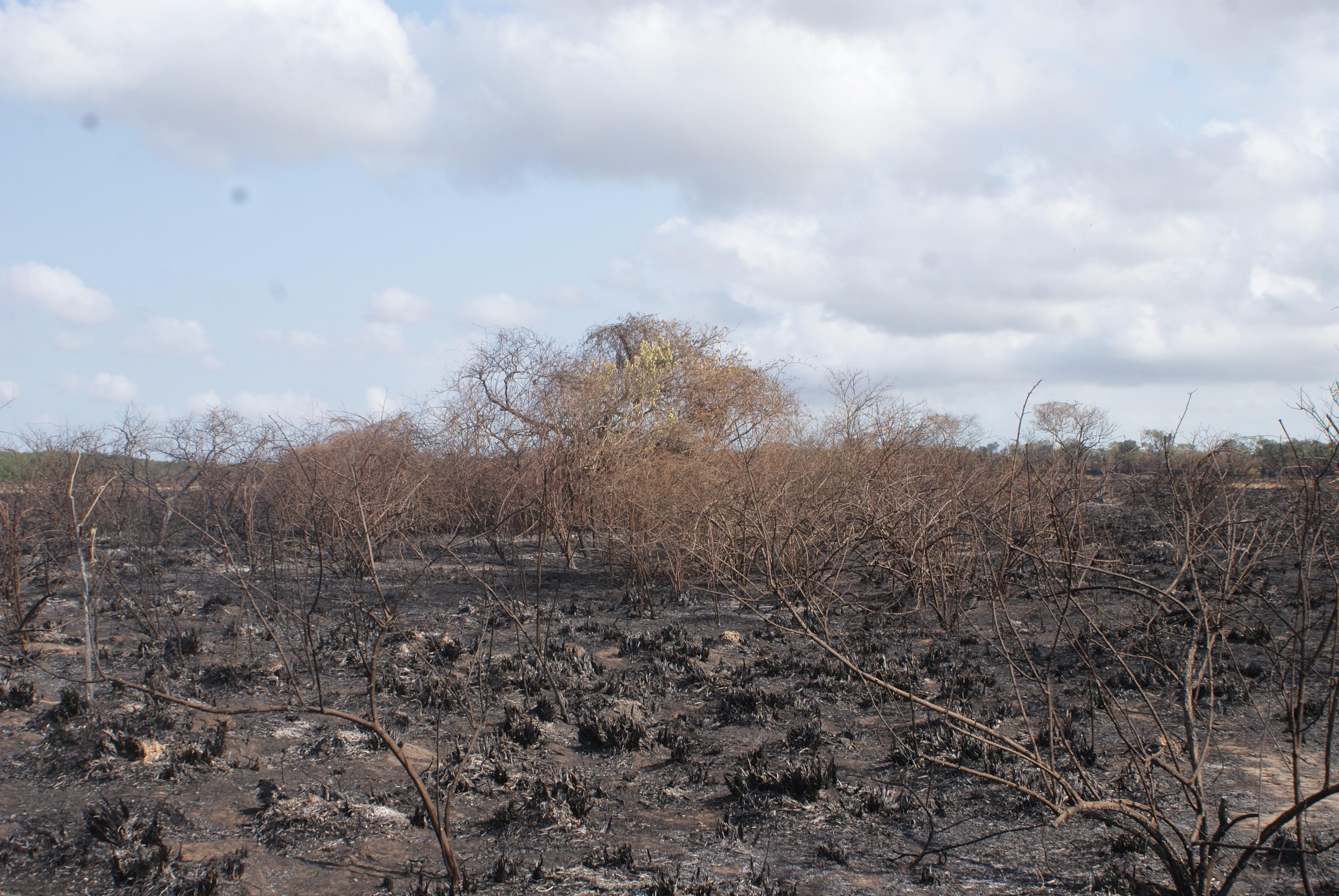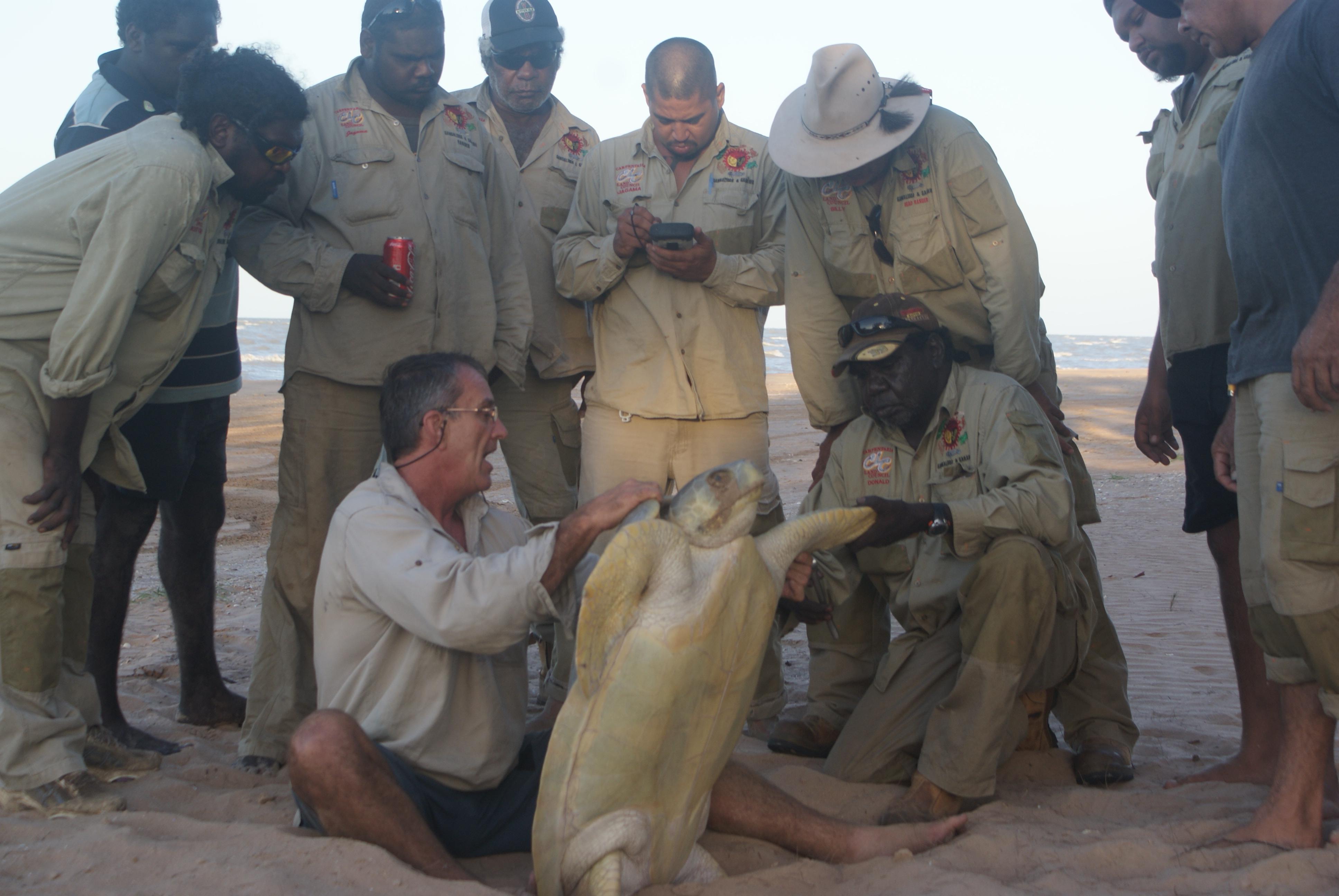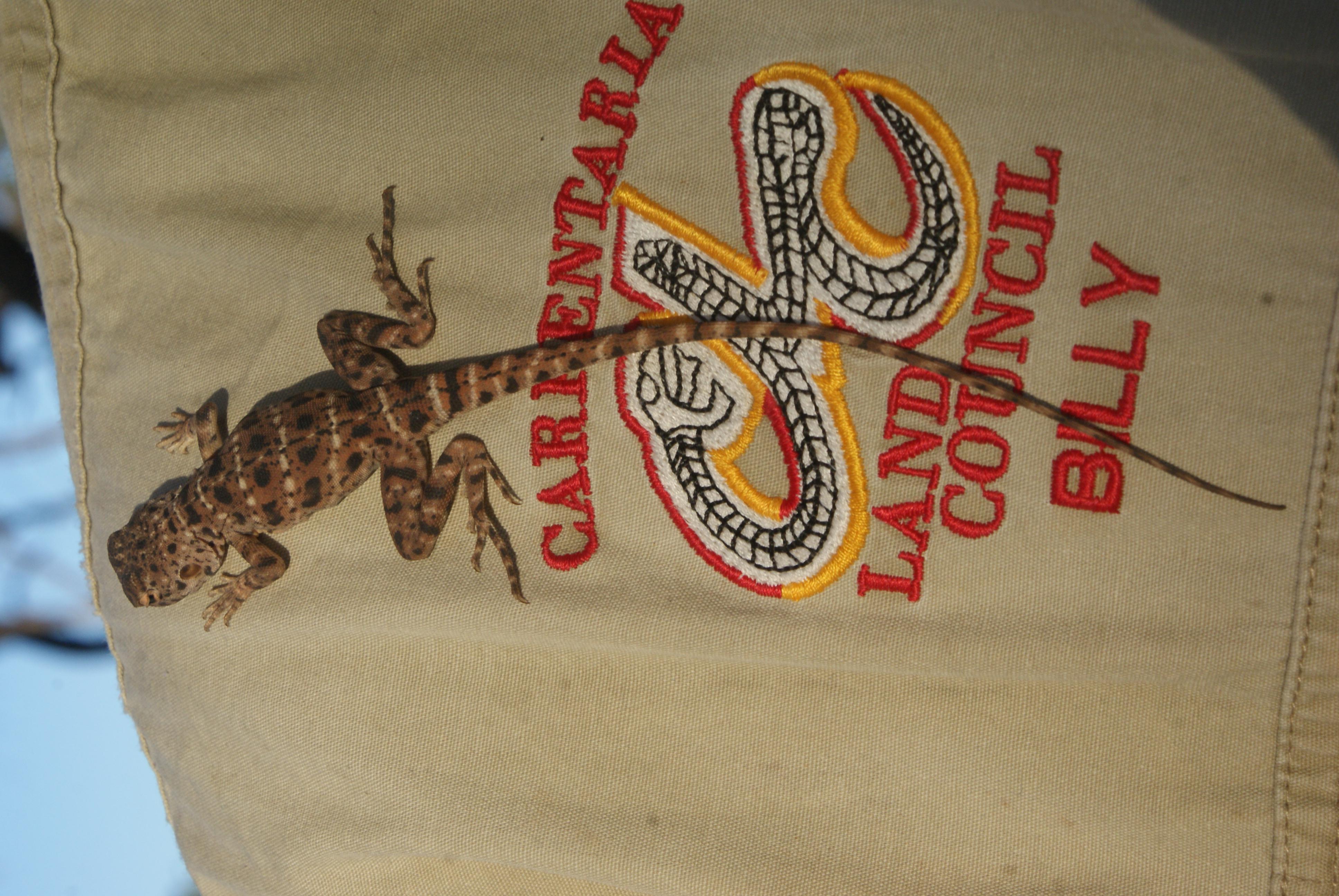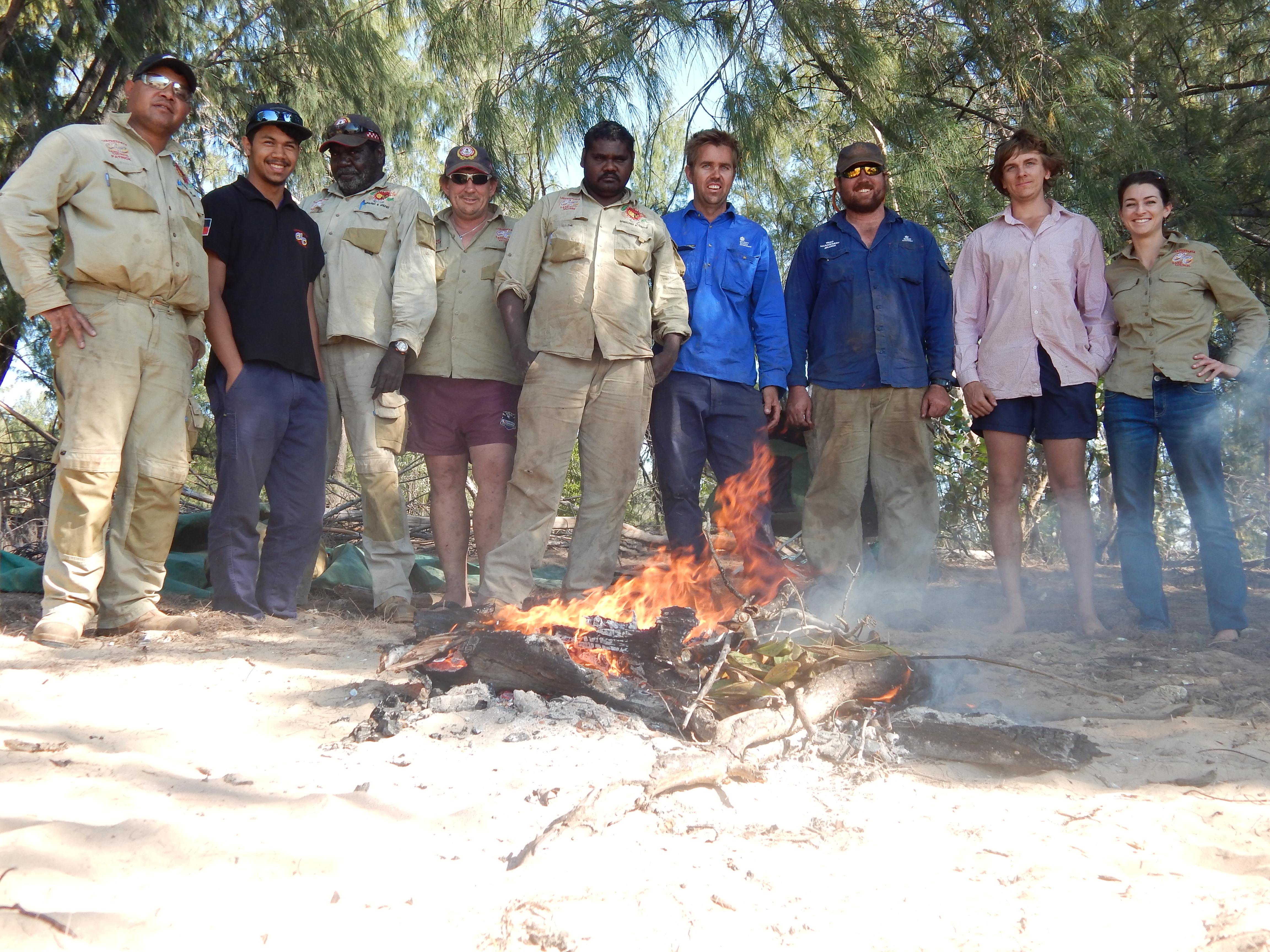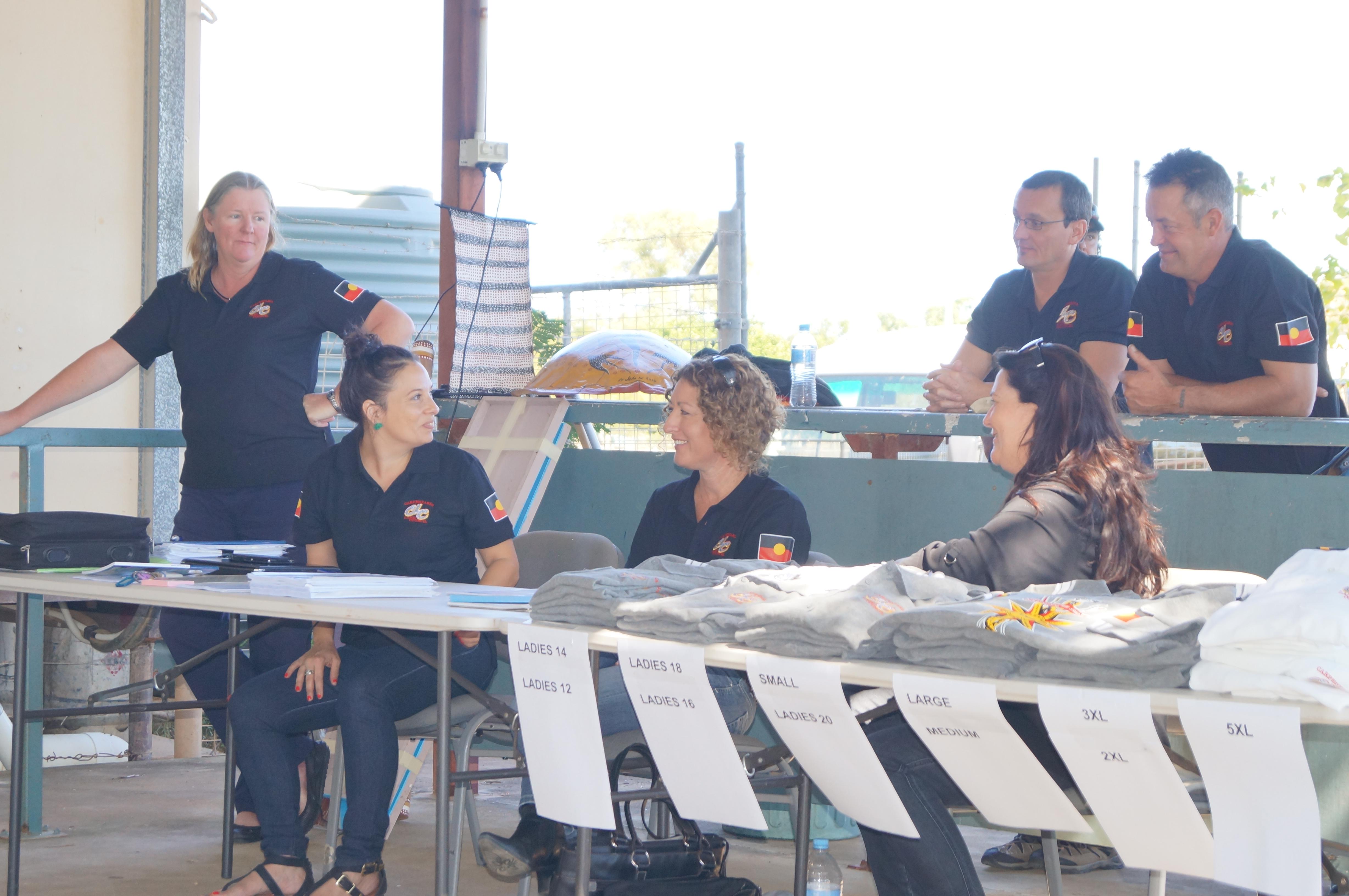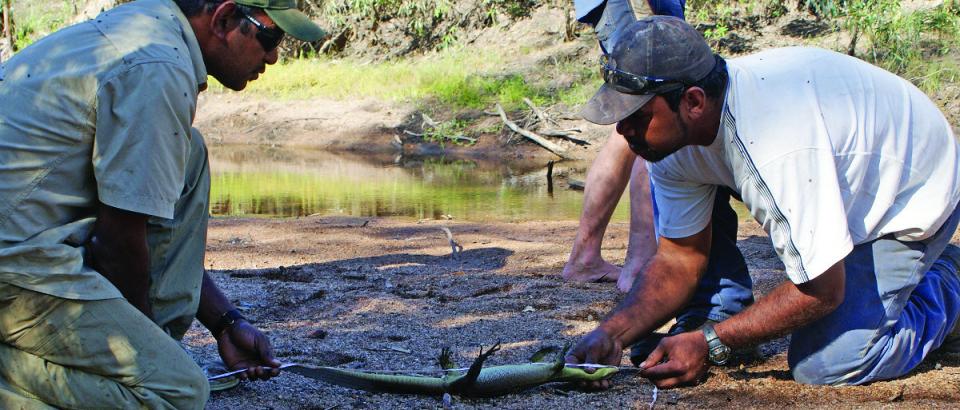
Biodiversity monitoring
Our services
WHAT WE DO
Landscape scale natural resource management
The program has been successful in the strategic management of weeds of national significance and the eradication of feral animals, including the culling of tens of thousands of feral pigs in the Normanton region in recent years.
Fire management is a key feature of the work undertaken annually by the Rangers. The Rangers utilise early season mosaic burns to prevent destructive late dry season wildfires, ensuring the protection of much of the Gulf mainland country and islands.
Sea grass monitoring, ghost net disposal work and protection of sea turtle nesting sites enable the protection of critical marine resources. Erosion rehabilitation and monitoring is also carried out to ensure that fresh water is retained in the landscape and to prevent the destruction of wetlands and sea country.
Fire Management
The Ranger groups employ traditional fire management of country and have developed a fire management plan incorporating both western scientific best-practice techniques and Traditional fire knowledge.
Rangers practice early season mosaic burning to reduce the incidence of devastating late-season wildfire. This reduces greenhouse gas emissions and contributes to a range of land management objectives including better outcomes for pastoralists, control of environmental weeds, ecosystem restoration and protection the fire sensitive habitats of a range of endangered species.
Managing Feral Animals
Feral pigs have a devastating impact on the environment. They destroy crops, stock and properties, spread weeds and transmit diseases, and result in loss of habitat and food resources for native wildlife.
Indigenous Rangers have been reducing pig populations in the lower Gulf since 2009 with just under 50,000 feral pigs removed to date over 2 properties of 2.9 million acres in area. Rangers are looking to broaden their area of operations to include surrounding properties and have established partnerships with local pastoralists to develop a long term feral pig management program for the region. They conduct annual aerial culling, baiting, constructing exclusion fencing of sites of significance and conducting ongoing monitoring on impacts of control efforts.
Demonstrated expertise and effectiveness in feral pig management has resulted in the Normanton Ranger group securing ongoing contract with the Carpentaria Shire Council to deliver their bi annual baiting program to 35 pastoral leases as part of the Shire pest management strategy.
Besides feral pigs, other large vertebrae pest animals are also prioritised for culling with large numbers already removed. It is estimated that close to 12,500 of these large pests exist in the Queensland gulf country west of Burketown.
Building capacity of Indigenous Rangers.
All Rangers undertake accredited training, giving them the skills to perform as professional land managers and operate as a viable and successful business team. Training goes beyond conservation and land management and includes machinery operation licences, IT,Aerial Markmanship, HR and management, business management and financial services, and applied skills such as welding, fencing, chemical handling, land rehabilitation and first aid. Working in a professional team also builds self-confidence and leadership. Our Ranger teams are leaders in their community.
Value for money
All project funding can be directed to delivering actual NRM outcomes, since our rangers are “work ready”. The indigenous ranger groups have proven their professionalism, reliability and cost effective delivery of quality NRM services, and as a result are now a competitive provider of private contracted NRM services in the area.
Our achievements
Our rangers are to be congratulated for the following achievements:
- In 2009, a nomination in the Queensland Premiers Awards for Excellence: Green Category.The Premier awarded the rangers with the Highly Commended Award for their category.
- The eradication of over 25,000 feral pigs in the three year period from 2009 to 2012 in the Staaten River catchment.
- Voluntarily assisting the Joint Task Force (YASI ASSIST) with the Cylone Yasi clean up efforts in Cardwell and surrounding communities.
- Conducting annual migratory bird colony surveys in the Normanton region between the Leichardt and Staaten Rivers.The survey identified 31 colonies of birds which makes for a very substantial resource and significant conservation value for the region.
- Hosting Gulf Water Forums at Sweers Island (31 May – 2 June 2011) and Burketown (20-22 April 2012) to discuss issues of concern such as indigenous rights to water, water quality and water allocation.
- Developing the Gulf Savannah Fire Management Guidelines (2013) to promote appropriate fire management practices to help land managers plan hazard reduction burning and in undertaking planned burns for improved production and conservation outcomes.
- In 2013, becoming finalists for the Queensland Environment and Landcare Award in the Peabody Environment and Landcare Award category.
- In 2014 becoming winners in the Queensland Regional Achievement and Community Awards for the Environment and Landcare Award..
Contact Us
Burketown Office
PO BOX 71
Burketown, QLD 4830
Freecall: 1800 445 115
Phone: (07) 4745 5132
Fax: (07) 4745 5204
Normanton Office
PO BOX 464
Normanton, QLD 4890
Phone: (07) 4745 1556
Fax: (07) 4745 1569
